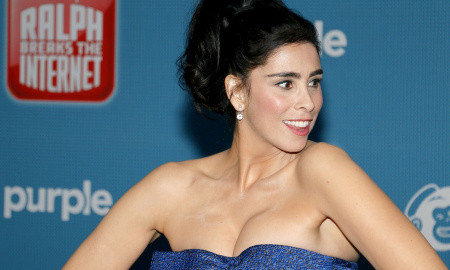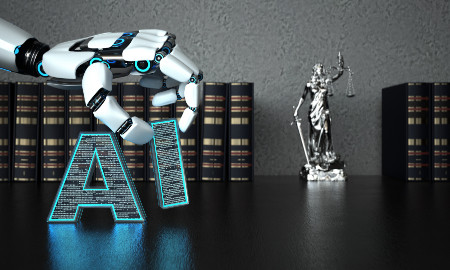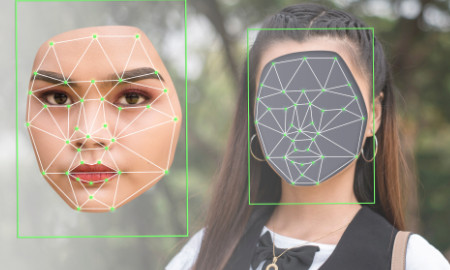Sign up for our free daily newsletter
YOUR PRIVACY - PLEASE READ CAREFULLY DATA PROTECTION STATEMENT
Below we explain how we will communicate with you. We set out how we use your data in our Privacy Policy.
Global City Media, and its associated brands will use the lawful basis of legitimate interests to use
the
contact details you have supplied to contact you regarding our publications, events, training,
reader
research, and other relevant information. We will always give you the option to opt out of our
marketing.
By clicking submit, you confirm that you understand and accept the Terms & Conditions and Privacy Policy
OpenAI has filed a motion to dismiss many of the claims asserted in two near-identical class action complaints that held it liable for copyright infringement through its AI service ChatGPT.
The two lawsuits were filed by two separate groups of authors. The writer and performer Sarah Silverman leads one that also includes writers Christopher Golden and Richard Kadrey. It alleges that much of the material in OpenAI’s training datasets comes from copyrighted works “including books written by plaintiffs, that were copied by OpenAI without consent, without credit and without compensation.”
The second lawsuit is led by Paul Tremblay, a writer who claims to own a registered copyright in a book titled The Cabin at the End of the World.
The plaintiffs seek monetary compensation and other relief on behalf of themselves and those similarly situated, because “they believe their texts were a tiny part of the dataset that OpenAI used to teach its models to derive the rules underlying human language in the service of the goals recited above.”
However, OpenAI argues in the motion filed at a US district court in San Francisco that the plaintiffs failed to take into account the limitations and exceptions (including fair use) that properly leave room for innovations like the large language models now at the forefront of artificial intelligence.
The ChatGPT creator asked the court to dismiss certain claims included in the complaint including those for vicarious copyright infringement, violation of the Digital Millennium Copyright Act (DMCA), unfair competition, “negligence” and unjust enrichment.
The motion to dismiss says plaintiffs’ claims for vicarious infringement are based on the “erroneous legal conclusion that every single ChatGPT output is necessarily an infringing ‘derivative work’ – which is a very specific term in copyright law – because those outputs are, in only a remote and colloquial sense, ‘based on’ an enormous training dataset that allegedly included plaintiffs’ books.”
The motion, however, does not seek dismissal for direct copyright infringement, which OpenAI will “seek to resolve as a matter of law at a later stage of the case”.
It argues that the other claims are also “defective”, for example, the DMCA claims would ascribe liability to conduct that does not satisfy the detailed statutory elements of the cause of action.
“It is important for these claims to be trimmed from the suit at the outset, so that these cases do not proceed to discovery and beyond with legally infirm theories of liability,” it notes.
OpenAI is represented by Morrison & Foerster’s Joseph Gratz, Tiffany Cheung and Allyson Bennett and Latham & Watkins’ Andrew Gass, Sarang Damle and Allison Stillman.
The plaintiffs are represented by the law firm Joseph Saveri and Los Angeles lawyer Matthew Butterick, a specialist in AI, copyright and software law.
Email your news and story ideas to: [email protected]











